Camping in winter can be a fun and rewarding experience, but it also requires some preparation and planning. Here are 10 tips for the first time camping in winterSEE MORE: Top 15 Brilliant Christmas Basket Ideas
1. Choose a suitable location and campsite.
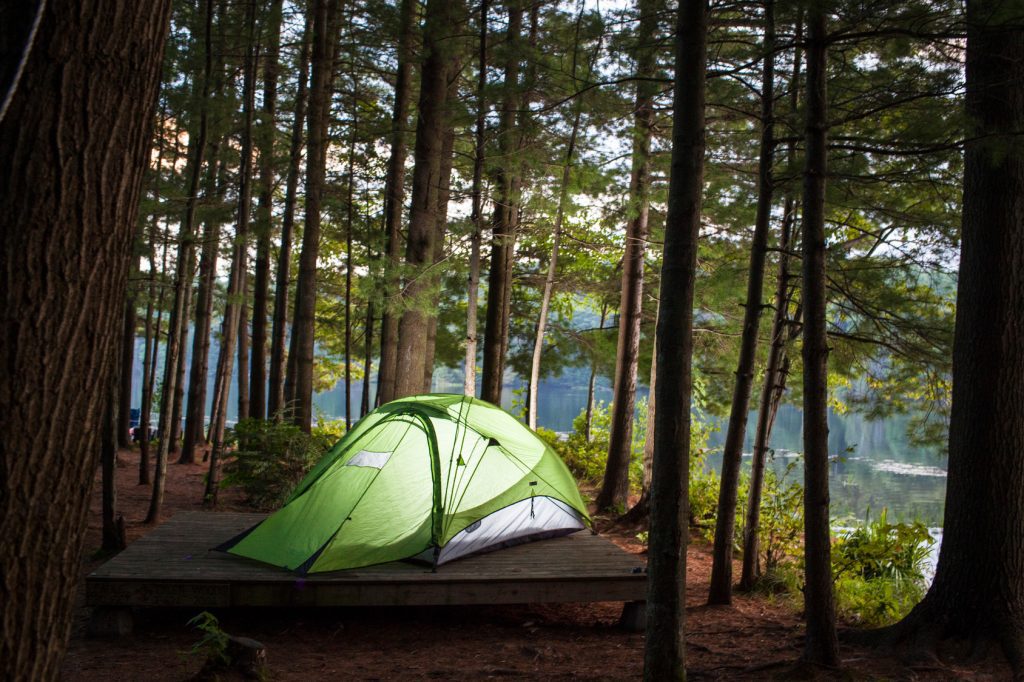
You want to find a place that is not too far from civilization, has easy access to water and firewood, and is sheltered from strong winds and snowfall. Avoid camping on slopes, near water sources, or under trees that may drop branches or snow. You can also check the weather forecast and road conditions before you go.
2. Dress appropriately and in layers.
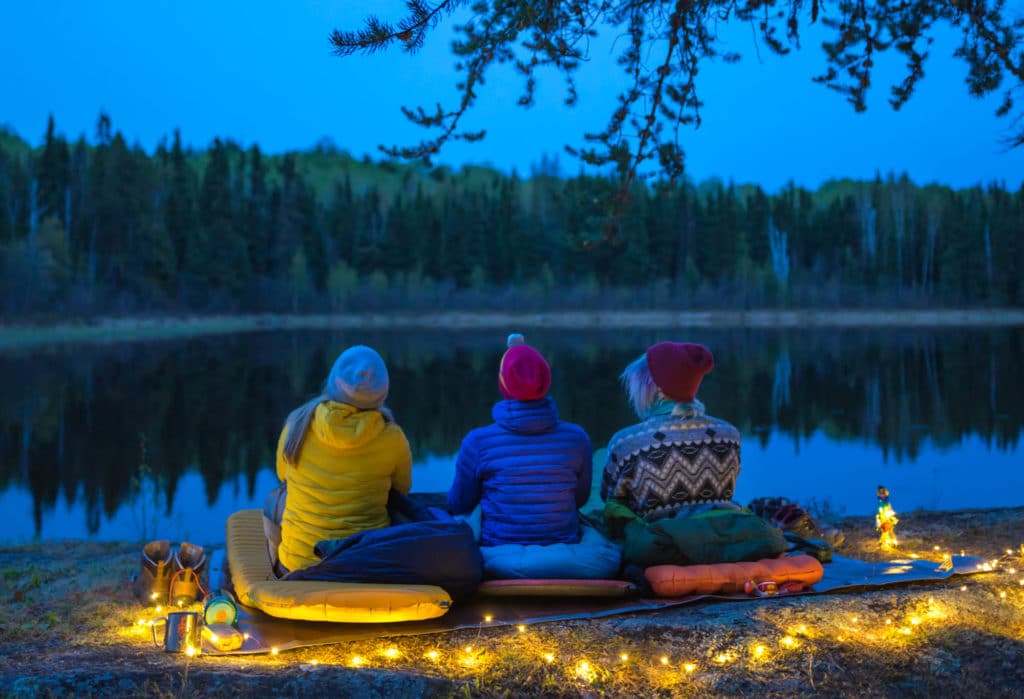
You need to keep yourself warm and dry in the cold weather, so wear clothing that is breathable, moisture-wicking, and insulating. You can layer your clothing according to the temperature and activity level, such as a base layer, a mid layer, and an outer layer. You should also wear a hat, gloves, scarf, and warm socks. Avoid cotton altogether when packing for your trip—it’s no good at wicking moisture, and once it’s wet it can cool you faster than standing naked in the cold.
3. Pack the right gear and equipment.
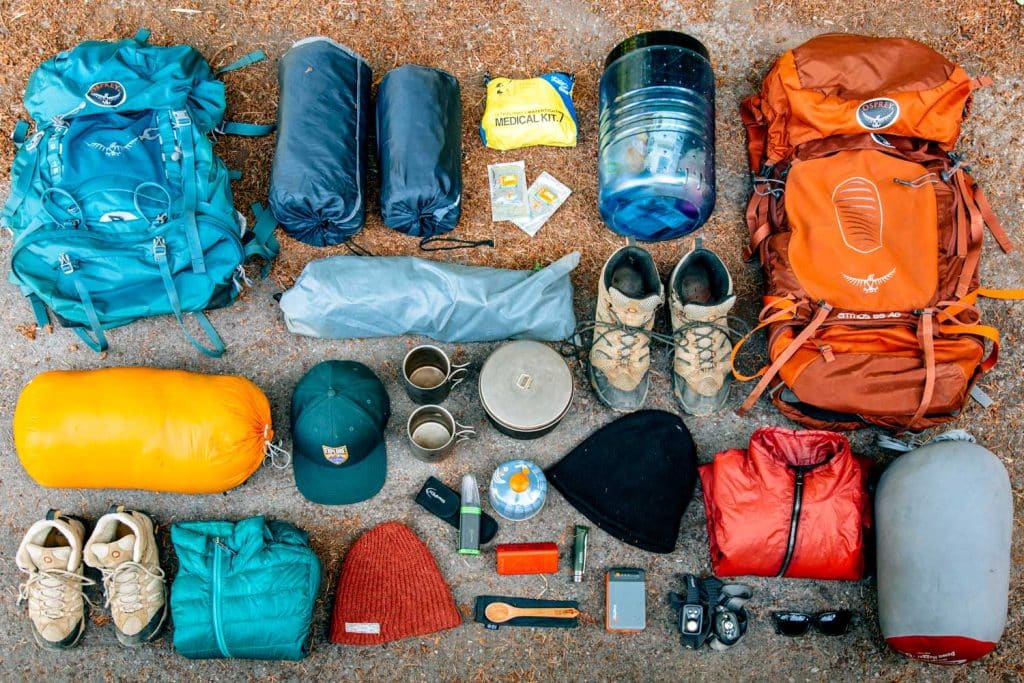
You will need a tent that is sturdy, waterproof, and spacious enough for you and your belongings. You will also need a sleeping bag that is rated for the lowest temperature you expect to encounter, and a sleeping pad that provides insulation and comfort. You may also want to bring a stove, a lantern, a shovel, a first-aid kit, and some extra batteries. Make sure to pack your gear in waterproof bags and containers, and keep them organized and accessible.
4. Set up your camp early and properly.
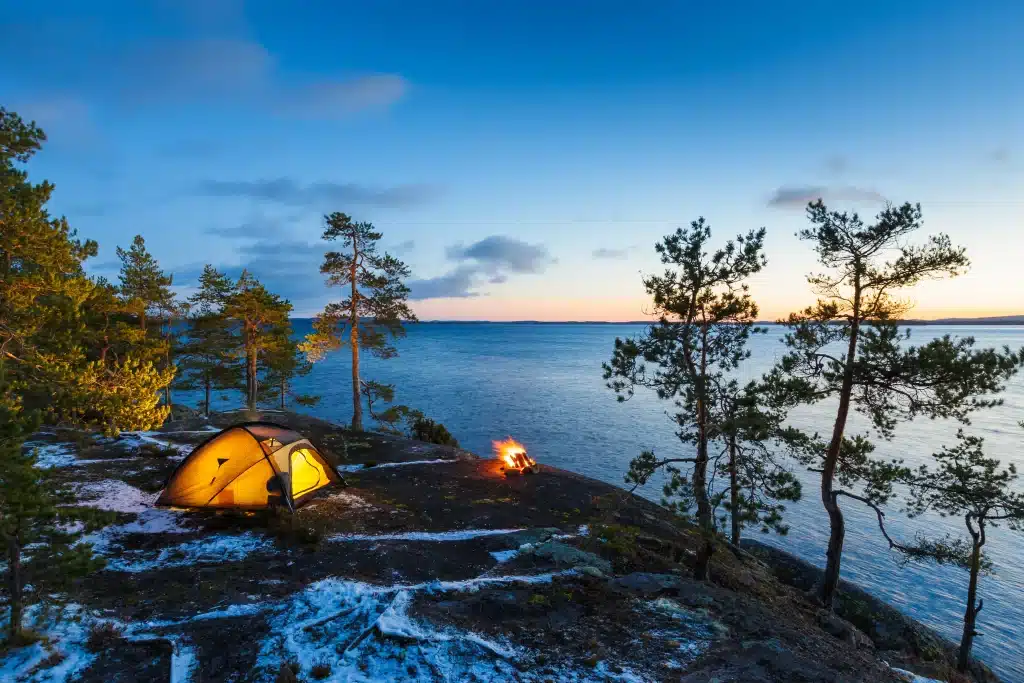
You want to arrive at your campsite before dark, so you have enough time and light to set up your tent and other essentials. You should clear the snow from the ground, and create a platform for your tent with your shovel or your feet. You should also stake your tent securely, and cover the stakes with snow or rocks. You can also dig a trench around your tent to prevent water from pooling.
5. Stay hydrated and well-fed.
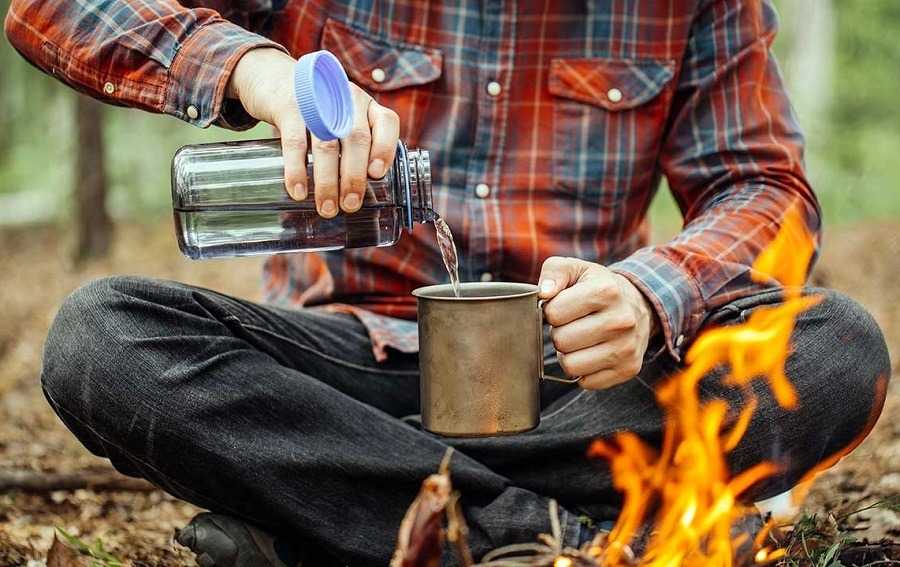
You may not feel thirsty or hungry in the cold, but you still need to drink and eat enough to maintain your energy and body temperature. You should drink water regularly, and avoid alcohol or caffeine, as they can dehydrate you or make you lose heat faster. You should also eat high-calorie and high-protein foods, such as nuts, dried fruits, chocolate, cheese, and jerky. You can also cook hot meals and drinks with your stove, such as soup, oatmeal, or tea.
6. Keep yourself and your gear warm.
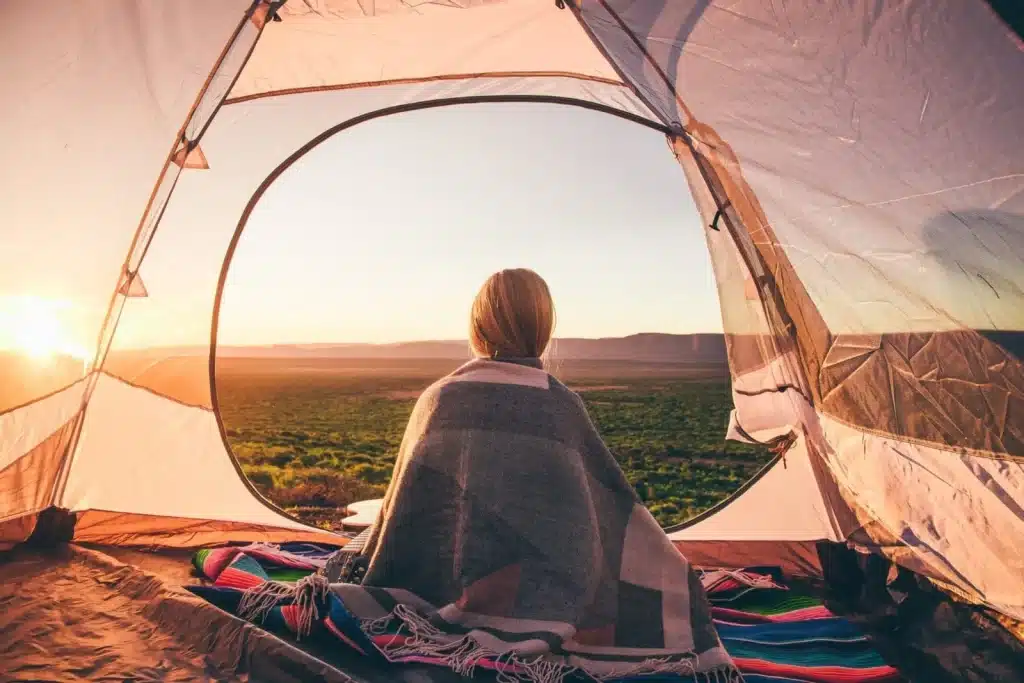
You can use your body heat, your fire, or your stove to warm up yourself and your gear. You can also use hand warmers, hot water bottles, or heated rocks to keep yourself cozy. You should also avoid sweating, as it can make you colder when it evaporates. You can adjust your clothing layers, or open or close your tent vents to regulate your temperature. You should also keep your sleeping bag and clothing dry, and fluff them up before you use them.
7. Follow the leave no trace principles.

You should respect the environment and the wildlife, and leave your campsite as you found it. You should pack out all your trash and waste, and dispose of them properly. You should also avoid damaging the vegetation, the soil, or the snow. You should also minimize your fire impact, and use existing fire rings or stoves. You should also be aware of the local regulations and restrictions, and follow them accordingly.
8. Be safe and prepared for emergencies.
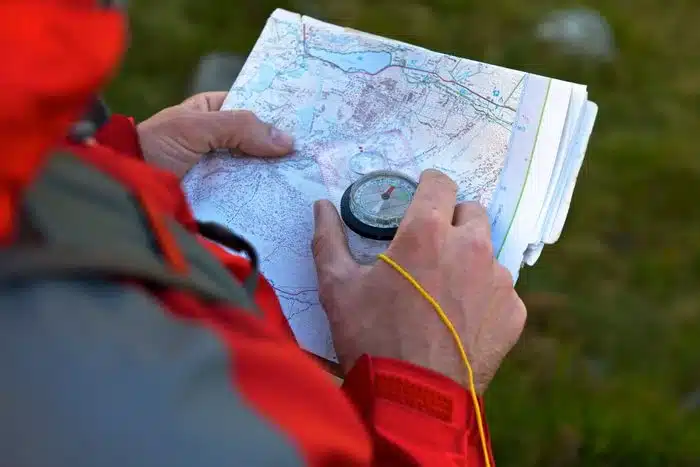
You should always let someone know where you are going, when you are leaving, and when you are coming back. You should also carry a map, a compass, a GPS, a phone, and a whistle with you. You should also know how to deal with common winter hazards, such as frostbite, hypothermia, avalanches, or animal encounters. You should also have a plan and a backup plan in case something goes wrong.
9. Have fun and enjoy the scenery.
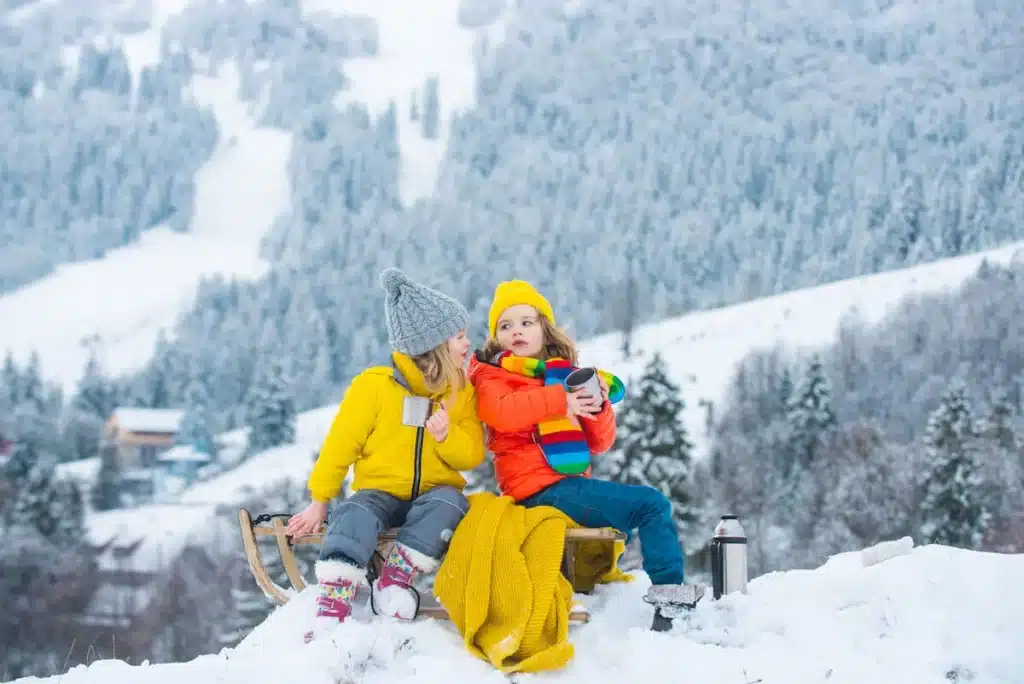
Winter camping can be a wonderful way to experience nature in a different way. You can enjoy the beauty and tranquility of the snow-covered landscape, the clear night sky, and the wildlife. You can also do some fun activities, such as hiking, skiing, snowshoeing, or sledding. You can also make some snowmen, snow angels, or snow forts. You can also relax and read a book, play a game, or listen to music.
10. Pack up and leave early.
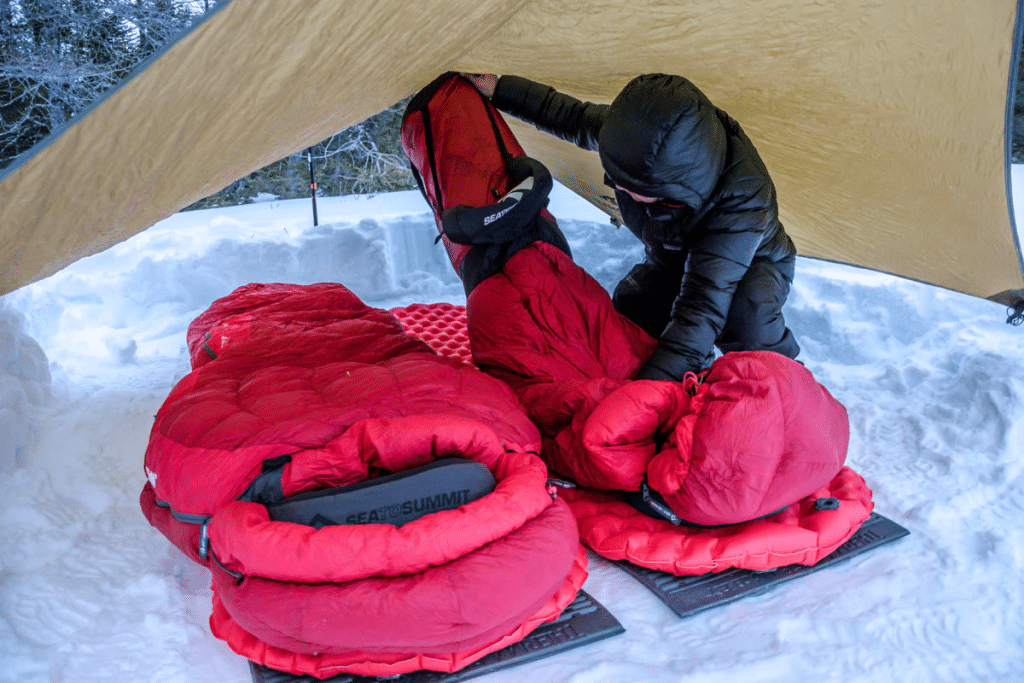
You want to leave your campsite before the snow melts or the temperature rises, so you can avoid getting wet or stuck. You should also check your gear and equipment for any damage or wear, and repair or replace them if needed. You should also clean and dry your gear and equipment before you store them away. You should also thank yourself for having a successful winter camping trip.
Remember, winter camping requires proper preparation and knowledge of cold-weather camping techniques. Stay warm, stay safe, and enjoy your camping experience! I hope these tips help you prepare for your first winter camping trip.

